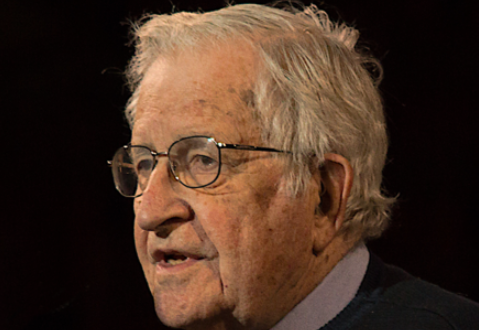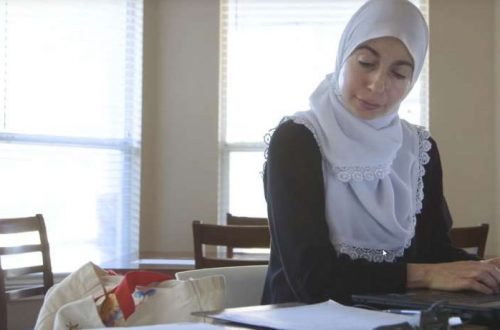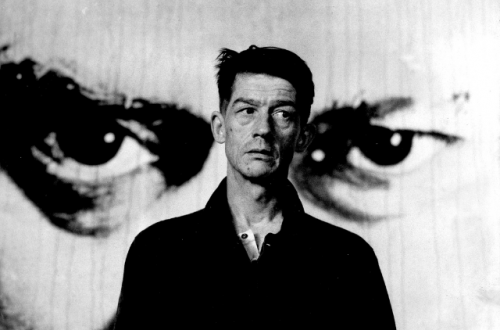This is a cross-post by Tom Owolade
The past four weeks have prompted intense debates around freedom of speech. The attacks on the satirical magazine Charlie Hebdo, in Paris on the 7th of January, have intensified the need to defend certain values in some quarters. The attacks have also, unfortunately, intensified the need to equivocate in others. I wrote a piece two days after the event, arguing that we shouldn’t forget the true victims of the attack: journalists murdered for drawing cartoons and, two days later, Jews murdered for being Jews. This piece though, is about the necessity of free speech in light of these events and a rebuttal to those advocating or apologising for blasphemy laws.
On February 13th in Queen Mary university of London, a debate is being hosted about freedom of speech. Four of the six guests invited to speak are Muslim. All four of these guests also happen to be regressive. This is unsurprising. Not because being Muslim necessarily entails espousing regressive views-this is obviously not the case. It is unsurprising because the debate is being organised by IERA; a group infamous for its toxic brand of Salafi supremacism (detailed here), and infamous, I might add, for couching its supremacism in urbane language and behaviour. The four guests are: Yvonne Ridley-chairing the debate and former Respect party member; Hamza Tzortis-member of IERA; Moazzem Begg-founder of CAGE prisoners; Abdullah Andalusi-“intellectual” . The two non-Muslim guests are professor Peter Cave and the journalist Dan Hodges.
It is ironic that, in a debate about free speech, 4 out of the 6 guests don’t believe in it. Freedom of speech means you have to right to say or express any idea as long as it doesn’t pertain to violence. Scrutinising religious belief is not illegal, and it certainly isn’t violent, contrary to some authors. The burden to censor should always be on the censors, never on the person censored; therefore, all the rhetoric about responsibility-in the aftermath of the Charlie Hebdo attack- was grounded in nothing less than victim-blaming. Two common arguments advanced against free speech include: What about hate speech laws and what about holocaust denial (this one gets their pulse racing).
Do read the rest of Tom’s post here


